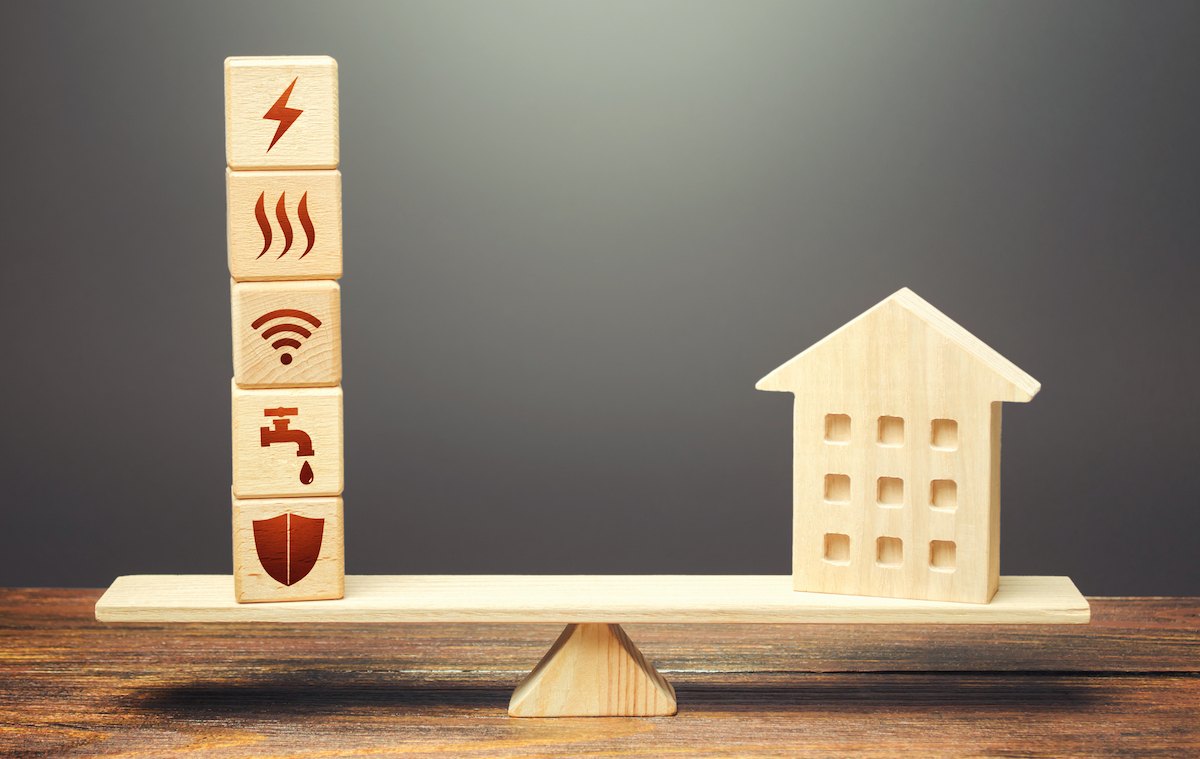How to Deal with Unexpected Housing Costs

Making the transition from renting to owning comes with a whole other checklist of expenses, both routine and unexpected. Managing these new costs can be overwhelming for homeowners, knocking them off their financial feet. If you’re feeling the strain, you aren’t alone. A staggering third of Canadian homeowners report being house poor.
Most Common “Surprises”
The majority of people budget for their monthly mortgage payments, but there is so much more to owning a home than paying back your lender. Here are some common costs that tend to take homeowners by surprise:
- Property Taxes
- Homeowners Association or Condo Fees
- New Appliances
- Mould or Asbestos Removal
- Home Insurance Premiums (this is not the same as mortgage insurance!)
- Plumbing or HVAC Repair
- Roof Replacement
- Electrical Rewiring
Be Proactive
Staying ahead of the game is the best way to mitigate financial emergencies or unexpected price tags. You may not know exactly how much something will cost but at least you can get a good idea.
- Do Your Research. You knew that homeownership was going to be pricey when you decided to start this journey. While you’re browsing listings you should also be chatting with experts and reading up on real estate; in fact, you’re doing it right now! Figure out what costs you’re looking to face from the very beginning. For some people, writing out a checklist helps to organize all the different expenses.
- Stay on Top of Maintenance. When it comes to your home, you are financially responsible for everything in and around it now. There’s no landlord to call in case of a breakdown. Be proactive by scheduling regular maintenance and keeping an eye on all the appliances and systems in your home. For example, if you notice that your furnace isn’t quite as efficient as it used to be, change the filter and get it inspected. Finding problems before they turn into full-blown issues is key to managing emergency expenditures.
Cultivate a Healthy Savings Account
You don’t always know what is going to happen, no matter how much research you do, so it’s vital to be prepared in other ways. For starters, prioritize paying yourself. We don’t mean taking out a handful of cash and going on a trip whenever the mood hits you. We’re talking about your savings account. After all of your bills are paid, put away whatever you can in a high-interest savings account that you don’t touch unless it’s an emergency. Even $20-30 per paycheque can add up to hundreds eventually. Don’t wait to start a savings account until you feel you can put more money into it, start now and let it grow. That way if an unexpected expense crops up, you’ll be more financially prepared to deal with it.
Keep Your Credit Under Control
As the saying goes, sometimes stuff happens and there isn’t much you can do to stop it. Maybe you’ve been hit with multiple big repairs in a short period of time, you lost your job, or your health has taken a turn for the worse. When your savings is no longer enough to manage everything on your plate, you can take advantage of your position as a homeowner if you still have relatively good credit. A home equity line of credit or loan could help you get back on your feet without the high-interest rates of credit cards or payday loans.
If you’re new to owning, be warned that the learning curve can be steep. That being said, a little preparation and some deep, calming breaths can help you get through those bumpy patches relatively unscathed. In times where you need a little extra support, contact our team of mortgage specialists to help you access financing products tailored to your needs.

